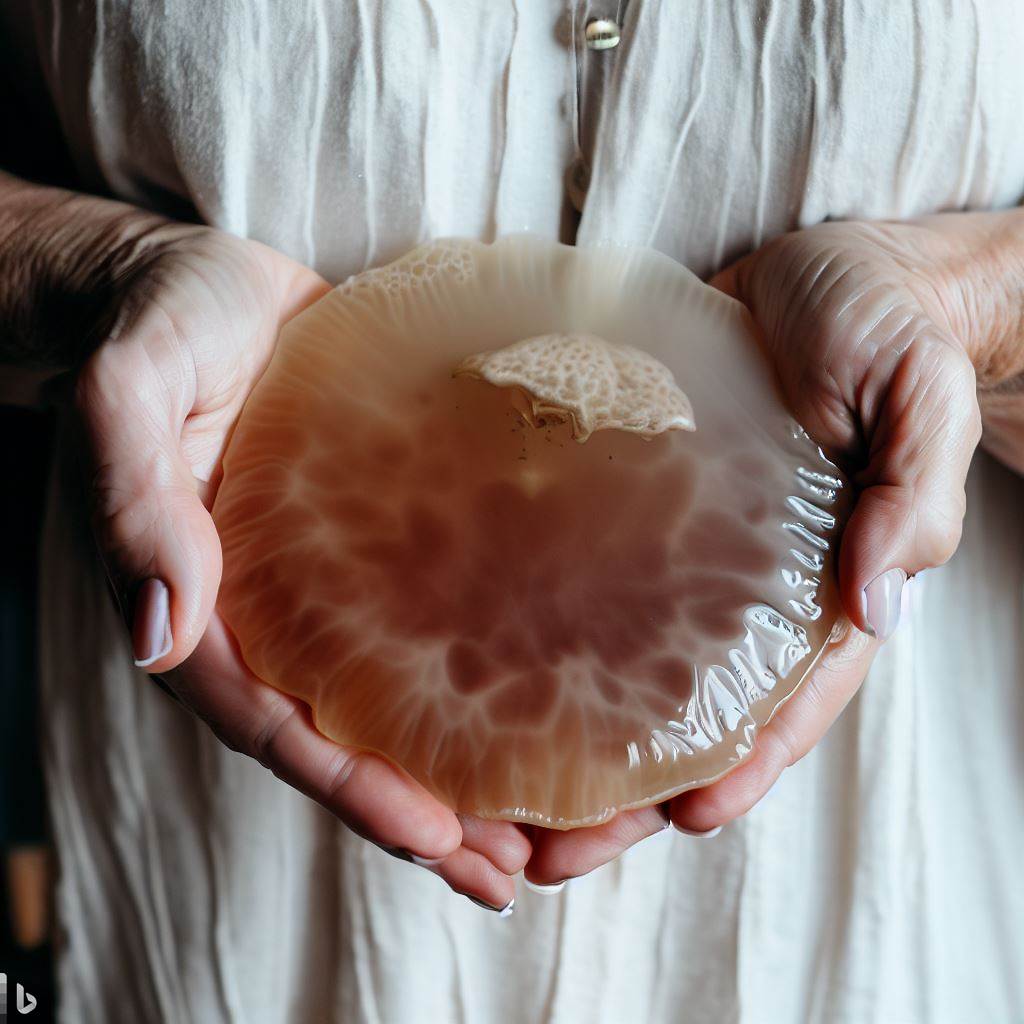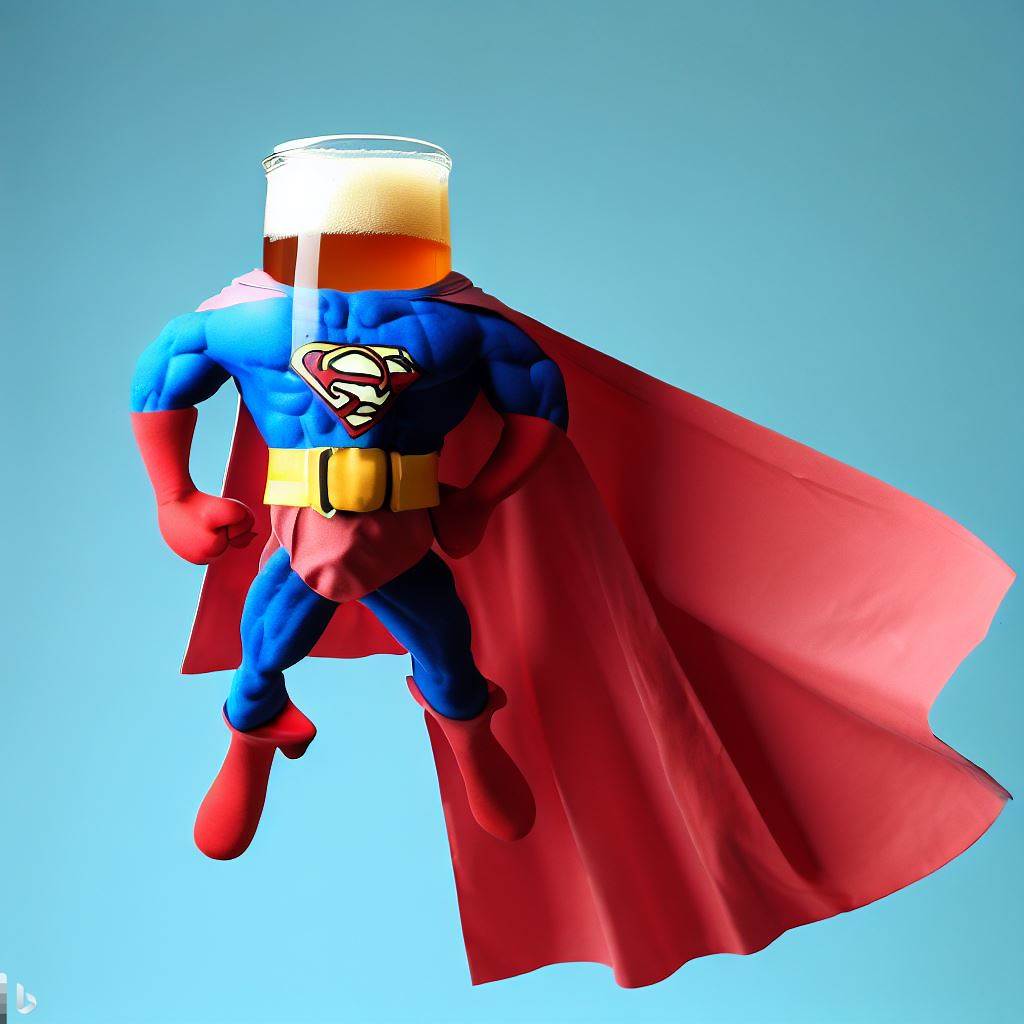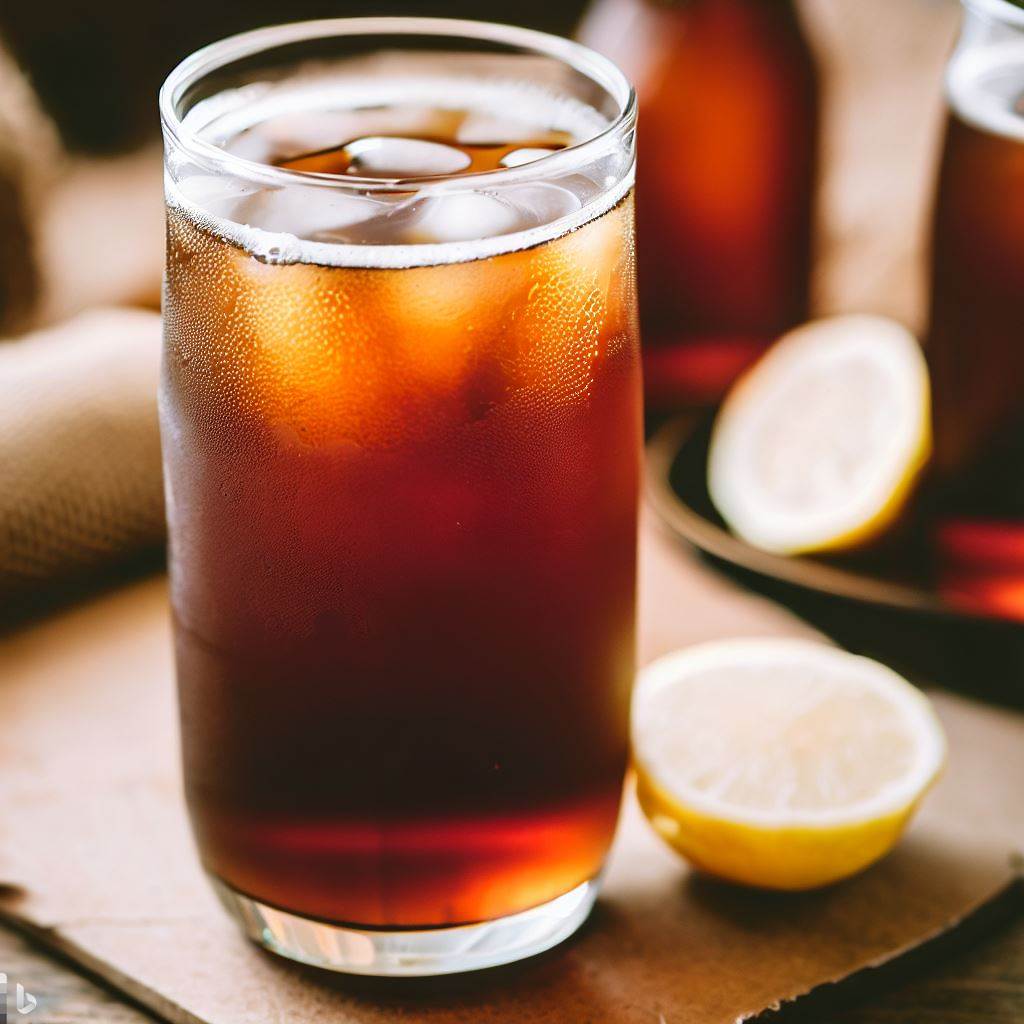Kombucha and tea are both popular beverages known for their potential health benefits. Kombucha is a fermented drink made from tea, sugar, and a symbiotic culture of bacteria and yeast (SCOBY). Tea, on the other hand, is a drink made by infusing dried leaves of the Camellia sinensis plant in hot water. In this blog post, we will delve into the question of whether kombucha is healthier than tea, exploring various aspects such as nutrition, gut health, antioxidant content, caffeine levels, and weight management.
Kombucha vs. Tea: Exploring the Health Benefits and Differences
When it comes to the nutritional content of kombucha and tea, there are some notable differences. Kombucha contains various vitamins, minerals, organic acids, and enzymes that are produced during the fermentation process. It also offers a source of beneficial bacteria and yeasts, known as probiotics. On the other hand, tea is rich in polyphenols, including catechins and epicatechins, which are potent antioxidants. These compounds contribute to the potential health benefits of both beverages.
Kombucha is typically low in calories, with around 30-50 calories per 8-ounce serving. It also contains small amounts of sugar, which is consumed by the SCOBY during fermentation. Tea, when consumed without added sweeteners, is calorie-free. However, the nutritional profile of kombucha can vary depending on the brewing process and additional ingredients used, such as fruits or herbs. Similarly, the health benefits of tea can vary depending on the type and processing method, such as black, green, or white tea.
Gut Health
Both kombucha and tea can have a positive impact on gut health, albeit through different mechanisms. Kombucha contains probiotics, which are live bacteria and yeasts that confer various health benefits when consumed. These probiotics can help restore the balance of gut bacteria, improve digestion, and support immune function. Furthermore, kombucha is slightly acidic, which may aid in maintaining a healthy pH balance in the gut.
Tea, particularly green tea, contains polyphenols that possess prebiotic properties. Prebiotics are non-digestible fibers that serve as food for the beneficial bacteria in the gut. By promoting the growth of these bacteria, tea can contribute to a healthy gut microbiota. Additionally, tea has been associated with a reduced risk of developing certain gastrointestinal disorders, such as inflammatory bowel disease.
Antioxidant Content

Antioxidants play a crucial role in maintaining overall health by protecting the body against free radicals, which are unstable molecules that can cause cellular damage. Both kombucha and tea are rich in antioxidants, although they differ in the types and levels of antioxidants they contain.
Kombucha undergoes fermentation, which increases the production of antioxidants such as flavonoids and polyphenols. These compounds help to neutralize free radicals and reduce oxidative stress in the body. The specific antioxidant content of kombucha can vary depending on the tea used as the base and the fermentation process.
Tea, particularly green and white tea, contains a class of antioxidants called catechins. Epigallocatechin gallate (EGCG), a potent catechin found in green tea, has been extensively studied for its health benefits. It has been associated with a reduced risk of chronic diseases, including heart disease and certain types of cancer. Black tea also contains antioxidants, although the fermentation process involved in its production may reduce the overall antioxidant content compared to green or white tea.
Caffeine Levels
Caffeine is a naturally occurring stimulant found in both kombucha and tea. It affects the central nervous system, providing a temporary boost in energy and alertness. However, the caffeine levels in kombucha and tea can vary.
Kombucha is typically brewed from black or green tea, which naturally contains caffeine. During the fermentation process, some of the caffeine is metabolized by the SCOBY, resulting in lower caffeine levels in the final product. On average, an 8-ounce serving of kombucha contains around 10-25 mg of caffeine, significantly less than a cup of brewed tea.
The caffeine content of tea, on the other hand, depends on several factors, including the type of tea, brewing time, and water temperature. Black tea generally contains the highest amount of caffeine, ranging from 40-70 mg per 8-ounce serving. Green tea contains less caffeine, typically around 25-45 mg per serving. However, it’s important to note that individual sensitivity to caffeine can vary, and some people may be more sensitive to its effects than others.
Weight Management

Both kombucha and tea have been associated with potential benefits for weight management, although it’s important to approach this topic with realistic expectations. These beverages can be incorporated into a balanced diet and a healthy lifestyle to support weight management efforts.
Kombucha is often praised for its potential to aid in weight loss due to its low-calorie content and probiotic properties. Probiotics have been linked to improvements in metabolic health and may help regulate appetite and reduce food cravings. However, it’s essential to choose kombucha with low sugar content, as excessive sugar consumption can hinder weight loss efforts.
Tea, especially green tea, has also been studied for its potential impact on weight management. The catechins present in green tea are believed to enhance metabolism and increase fat oxidation. Additionally, tea consumption has been associated with decreased appetite and increased satiety, which can contribute to better portion control and reduced calorie intake.
It’s worth mentioning that while kombucha and tea can support weight management efforts, they are not magical solutions for losing weight. They should be incorporated into a well-rounded approach that includes a balanced diet, regular exercise, and overall healthy lifestyle habits. Thanks for reading on Is Kombucha Healthier than Tea.
Conclusion
In conclusion, both kombucha and tea offer potential health benefits and can be enjoyed as part of a healthy diet. Kombucha provides probiotics and antioxidants derived from the fermentation process, which may contribute to gut health and overall well-being. Tea, on the other hand, contains a variety of antioxidants, particularly catechins, and has been associated with numerous health benefits such as improved cardiovascular health and reduced risk of certain diseases. However, determining whether kombucha is healthier than tea depends on individual preferences, health goals, and overall dietary patterns.
It’s important to note that the health benefits of kombucha and tea can vary based on factors such as brewing methods, quality, and additional ingredients. When selecting kombucha, it’s crucial to choose brands with low sugar content and ensure proper fermentation to maximize the probiotic benefits. Similarly, with tea, opting for high-quality loose-leaf teas and avoiding excessive sweeteners can enhance the potential health benefits.
Incorporating both kombucha and tea into your daily routine can provide a diverse range of nutrients and potentially contribute to overall well-being. It’s always a good idea to consult with a healthcare professional or registered dietitian to discuss your specific health needs and determine which beverage aligns best with your goals.
FAQs on Is Kombucha Healthier than Tea

Q1: Can kombucha and tea be consumed together?
Yes, kombucha and tea can be consumed together. In fact, some people enjoy adding kombucha to their brewed tea as a flavorful twist. It’s a matter of personal preference and experimentation. Be sure to choose tea flavors that complement the taste of kombucha for a delightful combination.
Q2: Are there any risks or side effects associated with consuming kombucha and tea?
For most people, consuming kombucha and tea in moderation is safe. However, it’s important to note that kombucha is a fermented beverage and may contain trace amounts of alcohol due to the fermentation process. Individuals who are pregnant, have compromised immune systems, or are sensitive to caffeine or alcohol should exercise caution and consult with a healthcare professional before consuming kombucha or tea.
Q3: Can kombucha or tea help with detoxification?
While kombucha and tea are often associated with detoxification benefits, it’s important to clarify that they do not possess any magical detoxifying properties. However, the hydration and potential antioxidant effects of these beverages can support overall well-being and the body’s natural detoxification processes.
Q4: Can children consume kombucha and tea?
It is generally recommended for you to limit or avoid kombucha and tea consumption for children due to their caffeine content and the potential presence of alcohol in kombucha. It’s best to consult with a pediatrician or healthcare professional to determine what is appropriate for children based on their age, health status, and individual needs.
Q5: Can kombucha and tea help with weight loss?
While kombucha and tea can be part of a weight management plan. It’s important to remember that they are not a magical solution for weight loss. Incorporating these beverages into a balanced diet and active lifestyle may support weight management efforts. But they should not replace other important aspects of a healthy lifestyle, such as regular exercise and a well-rounded diet.
Final Thoughts
Finally, is kombucha healthier than tea? The answer ultimately depends on your individual preferences, nutritional needs, and health goals. You can enjoy kombucha and tea as part of a healthy lifestyle and offer unique benefits. Consider incorporating a variety of beverages into your routine to maximize the nutritional diversity. As well as, explore different flavors and potential health benefits.
Remember to enjoy your kombucha and tea in moderation as part of a balanced diet. Always choose high-quality products to reap the most nutritional benefits. Cheers to good health and savoring the goodness of both kombucha and tea! Happy Brewing y’all!
Thanks for reading GMK’s Blot Post on Is Kombucha Healtier than Tea? Read more today!







